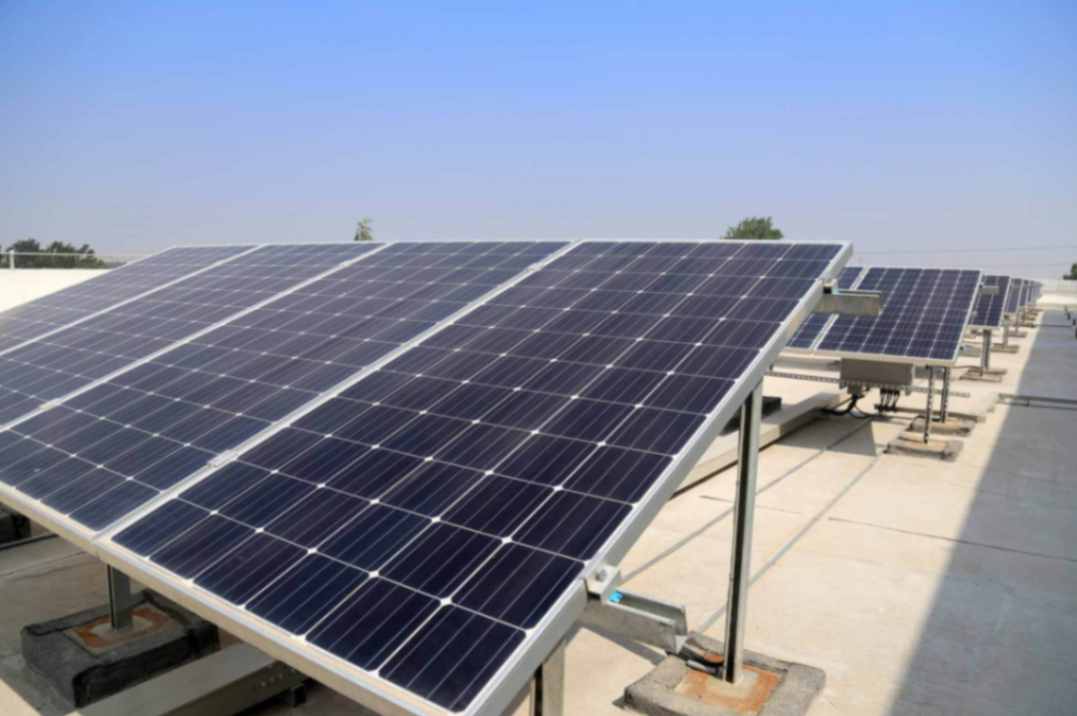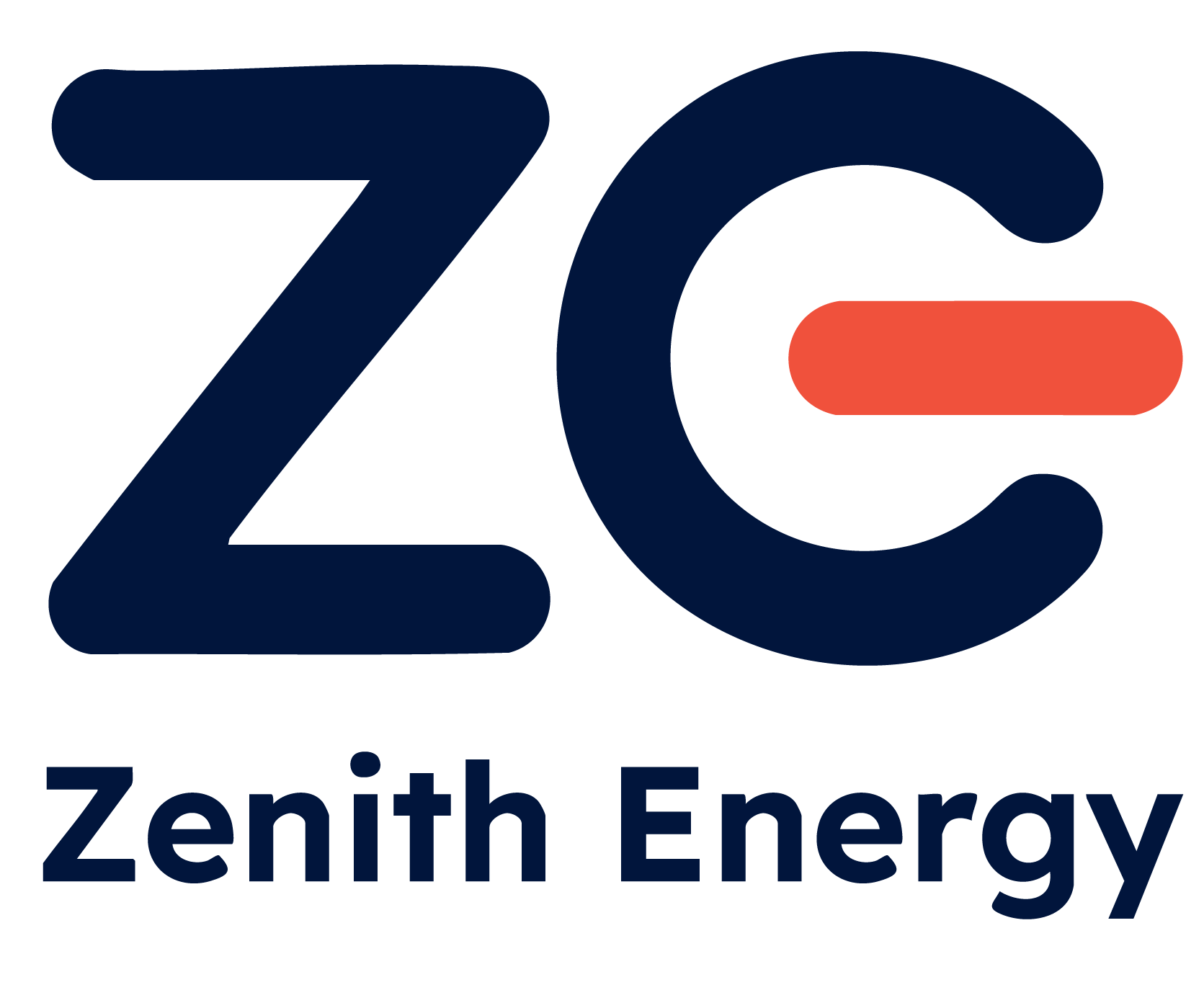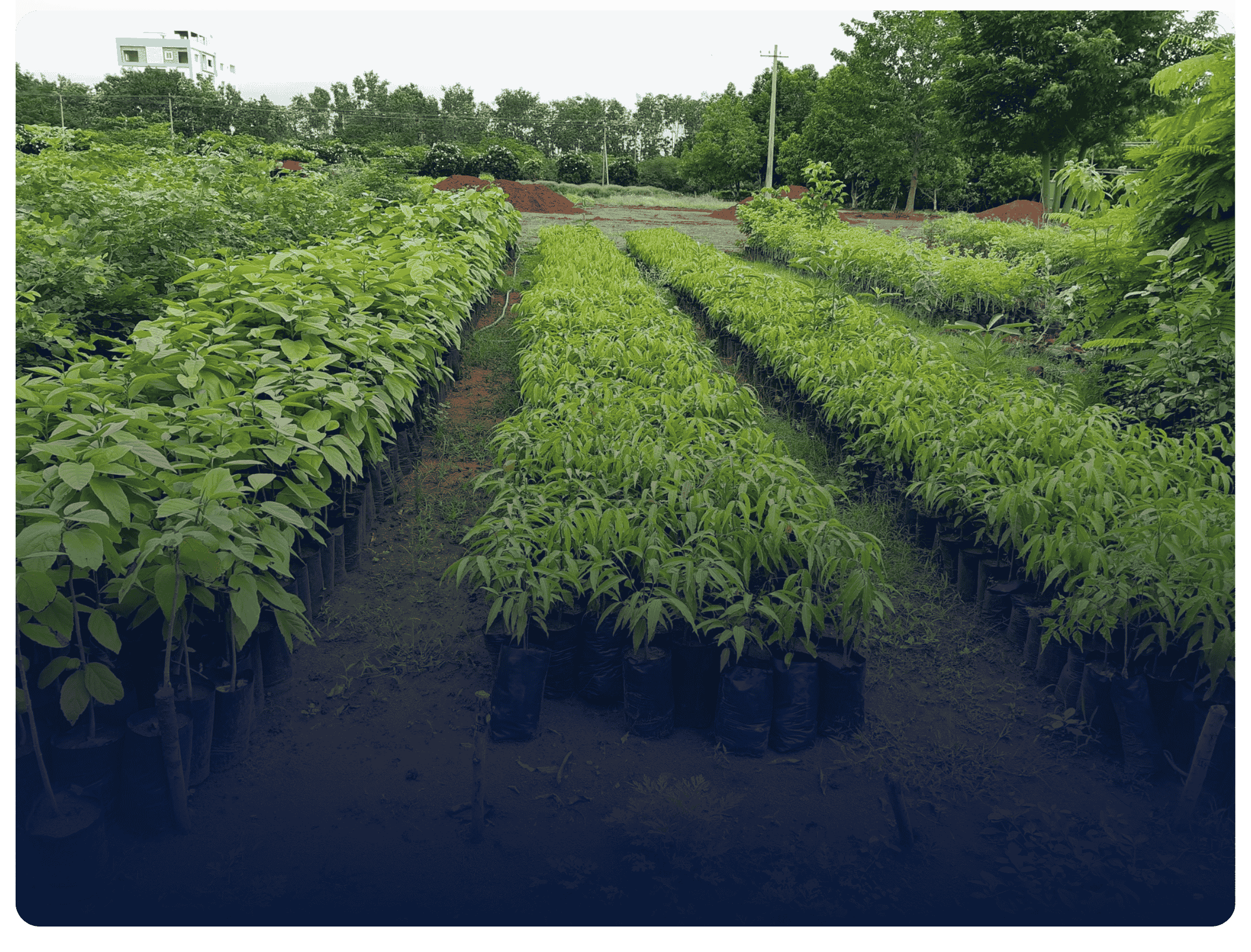1. Introduction:
2. Transformational Rooftop Solutions-Pioneering Sustainable Industry:
3. Installing Solar Panels on the Roof-An Ingenious Approach:
4. Rooftop Solar Installation-Elevating Industries through Collaboration:
5. Where Expertise Meets Experience:
6. Tailored Solutions for Every Industry:

7. Solar Rooftops: A Multitude of Industry Advantages:
A. Cost-efficiency and Energy Savings-
By generating your own electricity through solar panels, industries can substantially reduce energy expenditures. This newfound energy independence translates to long-term financial savings.
B. Eco-Friendly Operations-
Solar energy boasts minimal environmental impact, emitting no greenhouse gases or air pollutants. Industries can embrace sustainable operations without compromising productivity.
C. Enhanced Industrial Resilience-
Equipped with solar rooftops, industries gain a degree of energy independence, which proves invaluable during times of energy supply disruptions.
D. Increased Industrial Property Value-
Industrial properties featuring solar rooftops often command higher value due to their energy-efficient reputation and alignment with sustainable practices.
E. Government Incentives and Regulations-
Governments worldwide offer incentives and regulations to promote solar energy adoption, making solar rooftops an economically sound choice for industries.
FAQ:-
1). Can solar panels be installed on various types of industrial rooftops?
Yes, solar panels can be effectively installed on diverse roofing materials, ranging from metal to asphalt shingles. Proper installation techniques ensure a seamless fit and safeguard against leaks.
2). What maintenance do solar panels necessitate?
Solar panels demand minimal maintenance. Regular cleaning to remove debris and periodic inspections for signs of wear are advisable. Most systems are accompanied by warranties encompassing maintenance and repairs.
3). How long does the solar panel installation process take?
The installation timeline hinges on factors like system complexity and size. For industrial installations, the process typically spans a few weeks to ensure meticulous setup.
4). Do solar panels function on cloudy days?
Yes, solar panels continue to generate electricity during cloudy days, albeit with slightly diminished efficiency. Even diffused sunlight can lead to a considerable amount of energy production.
5). Can solar panels withstand adverse weather conditions?
Modern solar panels are engineered to endure a range of environmental conditions, including snow, rain, and hail. Their durability ensures consistent performance and prolonged lifespan.
6). Will industries remain connected to the grid with solar panels?
Yes, most industrial solar installations remain grid-tied. This configuration allows industries to draw power from the grid when needed and channel surplus energy back into it.






